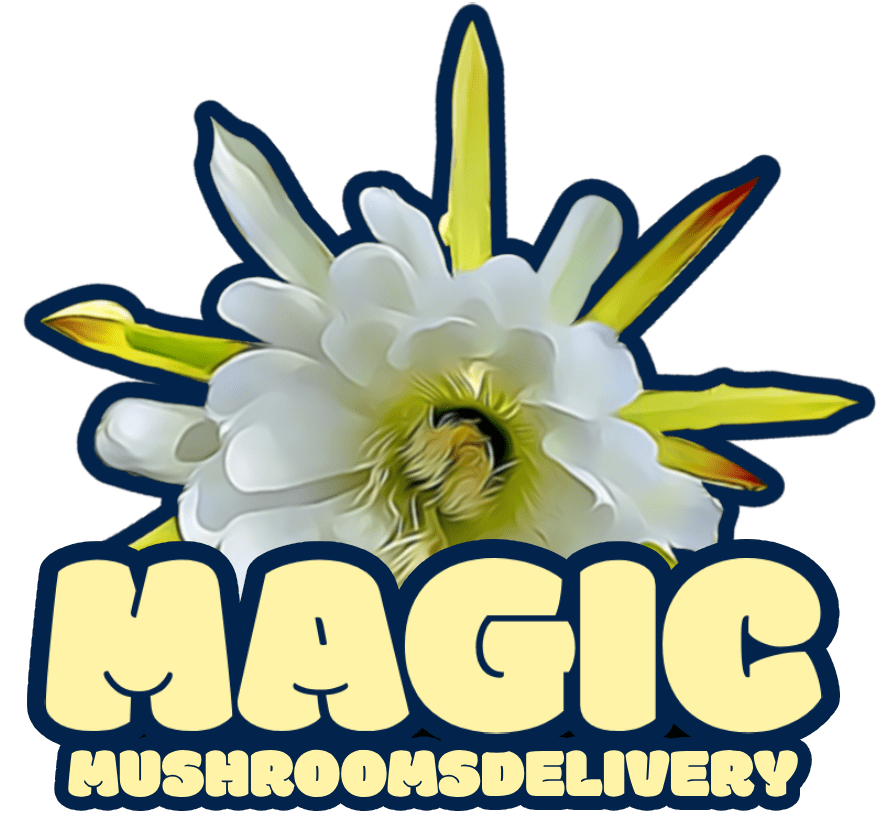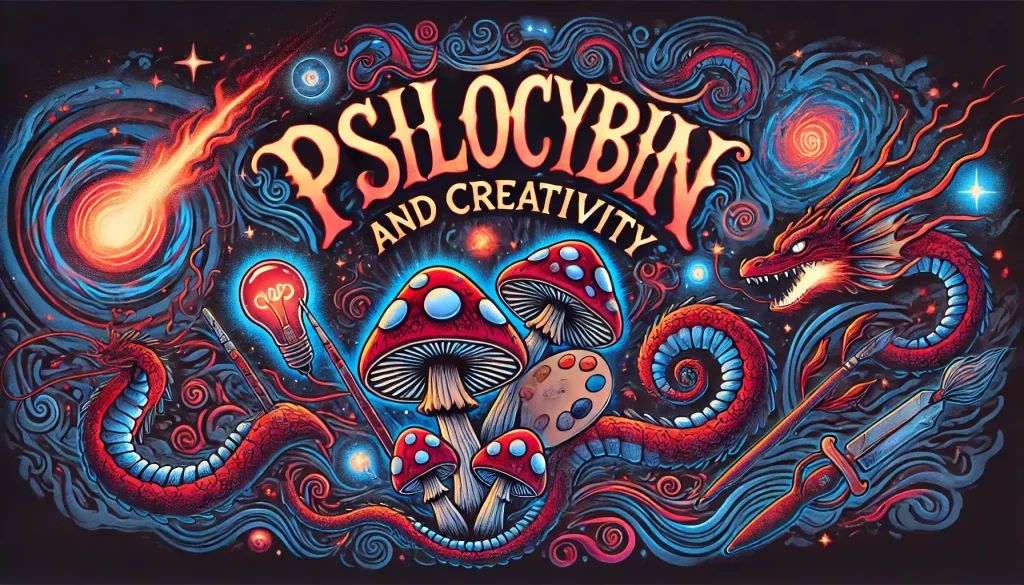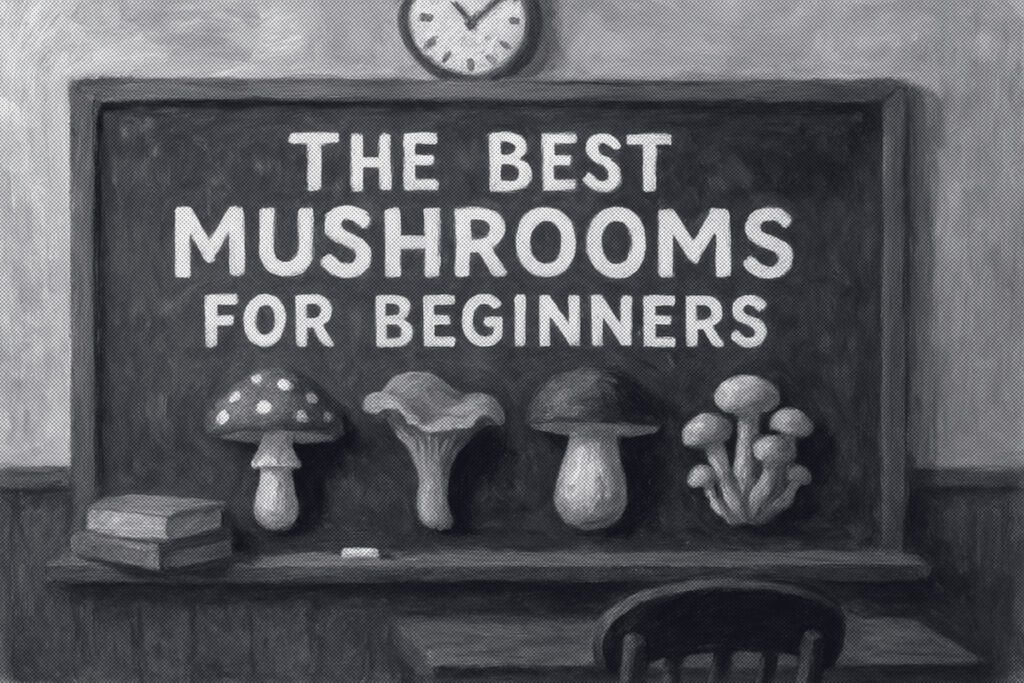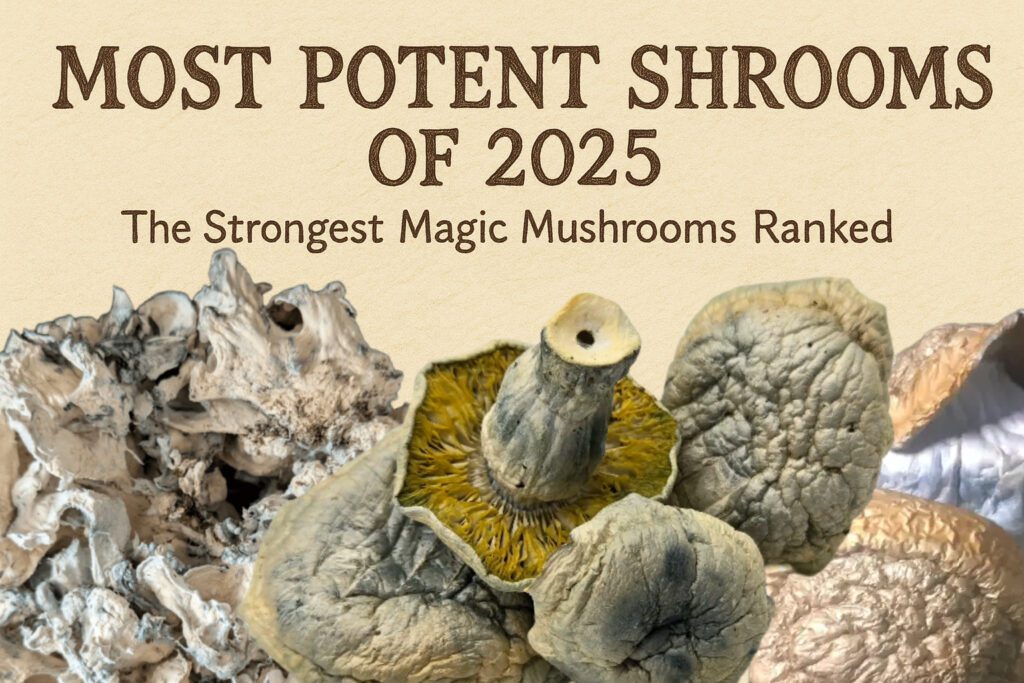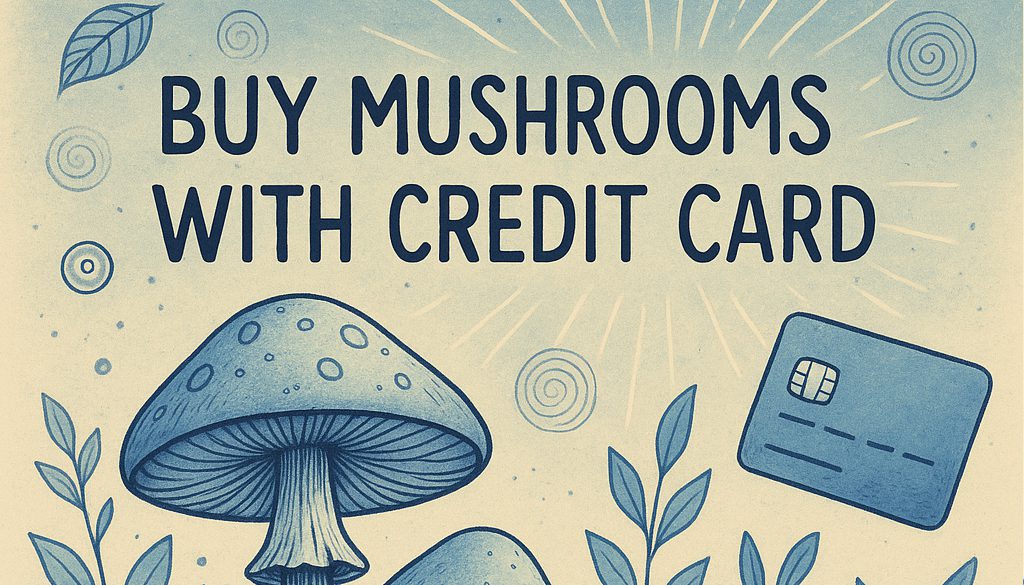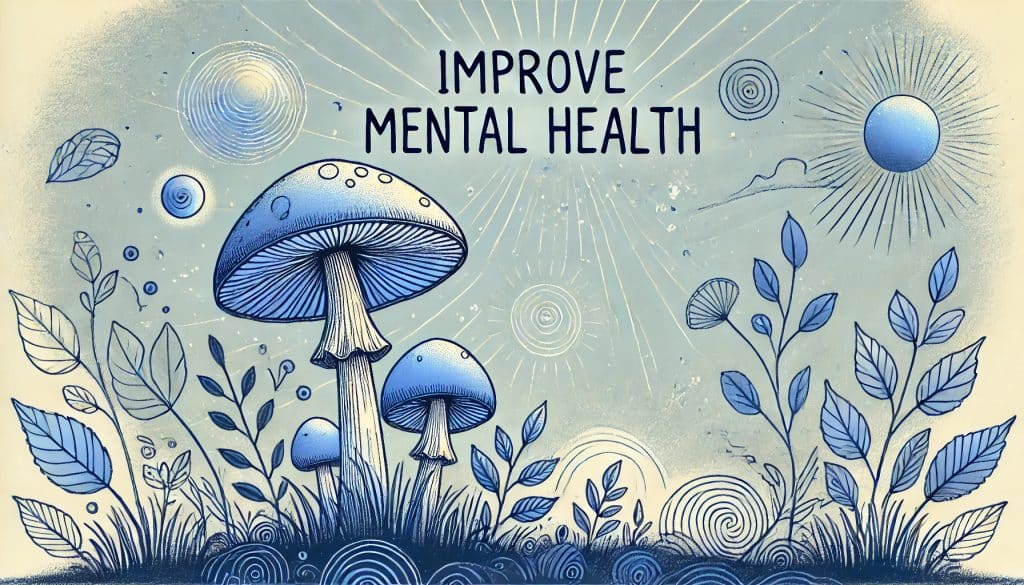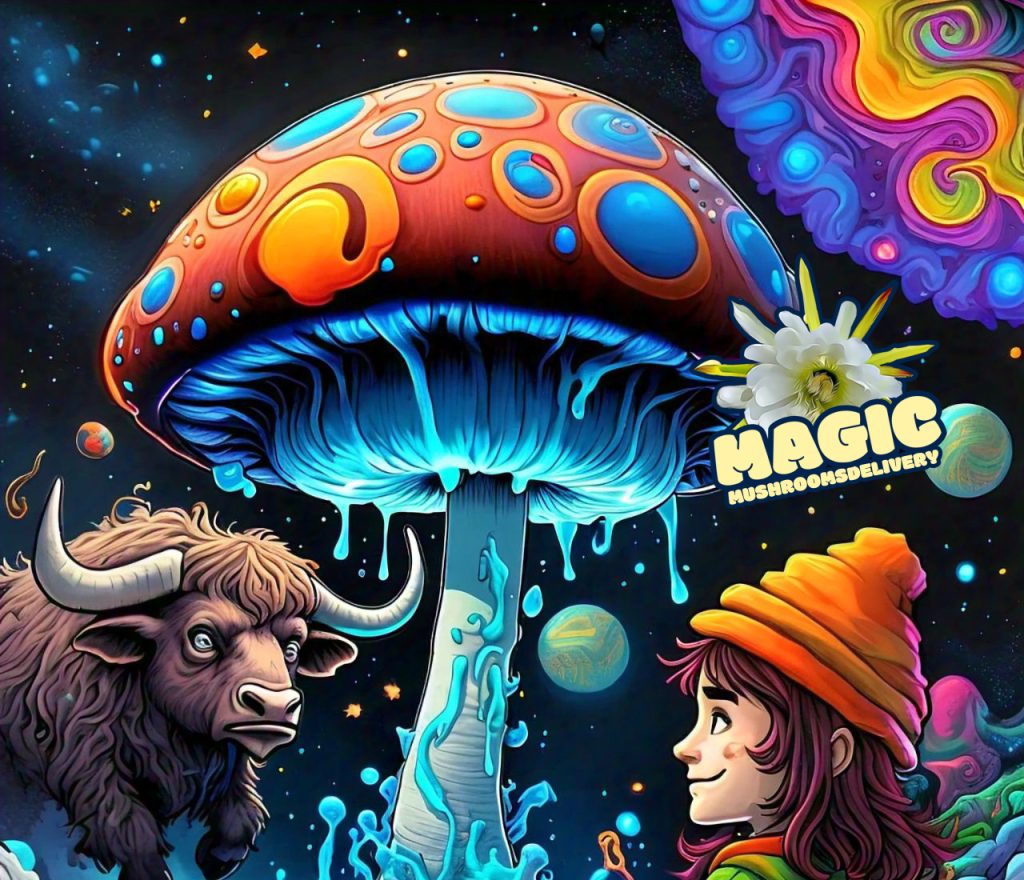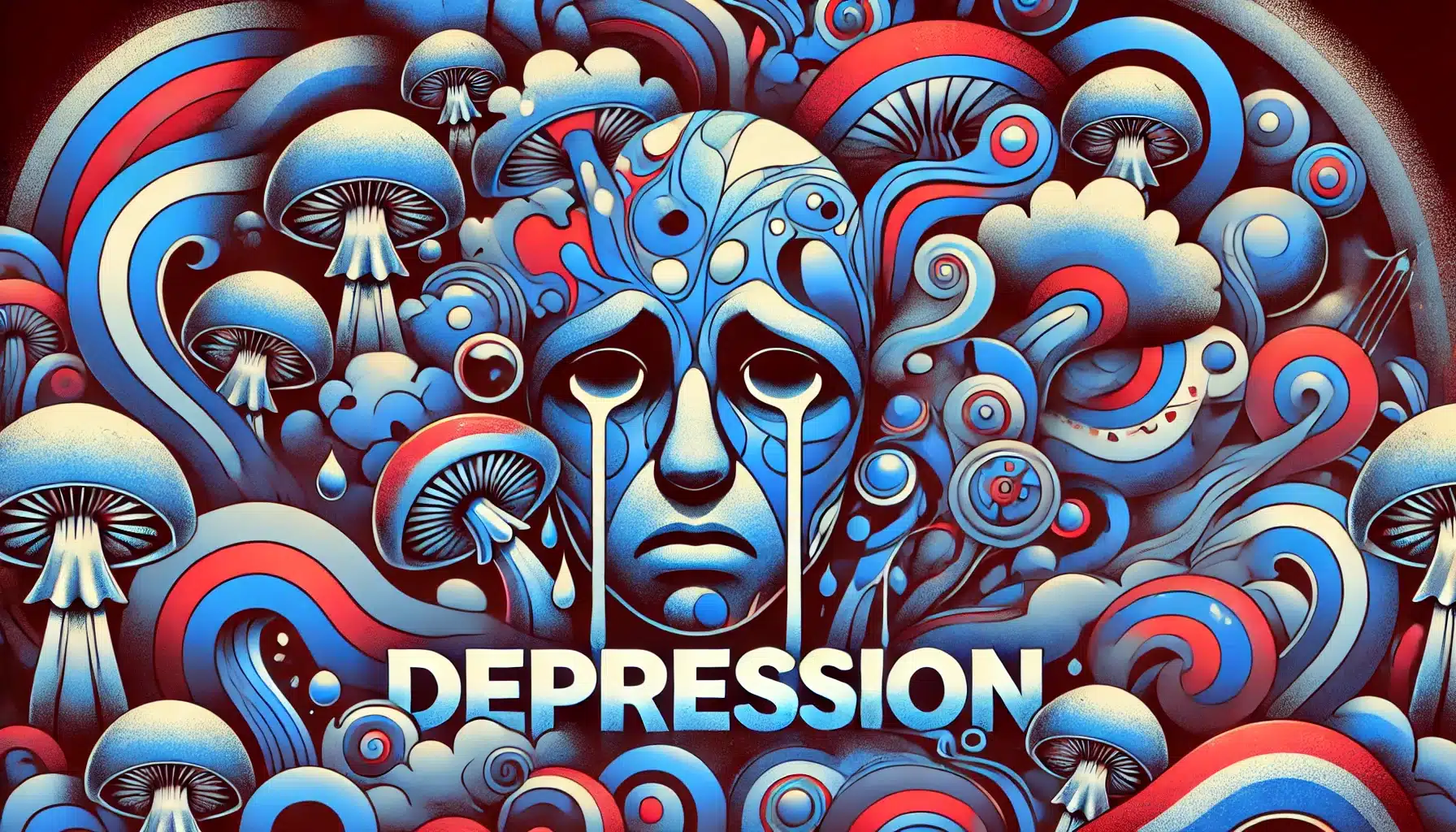

Psilocybin’s Promise: Breaking the Depression Cycle
Nearly 280 million people worldwide suffer from depression, and for many, traditional treatments fall short. But there’s a glimmer of hope on the horizon! Psilocybin, the magical compound found in “magic mushrooms,” is showing incredible promise in breaking the cycle of depression. As someone who’s struggled with depression myself, I can’t help but feel excited about this potential game-changer. Let’s dive deep into the world of Psilocybin for Mental Health and explore how it might just revolutionize the way we treat depression. Buckle up, because this is going to be one heck of a trip!
Before we embark on this journey, let’s take a quick look at some key findings that make psilocybin such a promising contender in the fight against depression:
- Rapid and long-lasting effects: Unlike traditional antidepressants, psilocybin can produce significant improvements in mood within hours or days, with effects lasting for weeks or even months.
- Neuroplasticity boost: Psilocybin has been shown to enhance brain plasticity, potentially helping to rewire depressive thought patterns.
- Default Mode Network disruption: This compound temporarily disrupts the brain’s default mode network, which is often overactive in depression.
- High efficacy in treatment-resistant cases: Studies have shown promising results even in patients who haven’t responded to conventional treatments.
- Potential for fewer side effects: Compared to traditional antidepressants, psilocybin therapy may have a more favorable side effect profile for some patients.
Understanding Depression: The Stubborn Cycle
Depression is more than just feeling sad. It’s a complex mental health disorder that affects millions of people worldwide, interfering with daily life, relationships, and overall well-being. The World Health Organization estimates that 3.8% of the global population, including 5% of adults and 5.7% of older adults, suffer from depression.
Common symptoms of depression include:
- Persistent feelings of sadness, hopelessness, or emptiness
- Loss of interest in activities once enjoyed
- Changes in appetite and sleep patterns
- Difficulty concentrating and making decisions
- Physical symptoms like fatigue and unexplained aches
- Thoughts of death or suicide
These symptoms can create a vicious cycle, where negative thoughts and behaviors reinforce each other, making it increasingly difficult to break free from depression’s grip. Current treatment options, such as antidepressant medications and psychotherapy, can be effective for many. However, they often come with limitations:
- Antidepressants can take weeks to start working and may cause side effects
- Some patients don’t respond adequately to traditional treatments
- Therapy can be time-consuming and expensive
- Relapse rates remain high, even with ongoing treatment
Breaking this stubborn cycle is crucial for long-term recovery. That’s where psilocybin comes in, offering a potentially revolutionary approach to depression treatment.
Psilocybin: Nature’s Mind-Altering Wonder
Psilocybin is a naturally occurring psychedelic compound found in certain species of mushrooms, commonly known as “magic mushrooms.” When ingested, psilocybin is converted to psilocin in the body, which then acts on serotonin receptors in the brain, particularly the 5-HT2A receptor.
The use of psilocybin-containing mushrooms dates back thousands of years in various cultures, often for spiritual and medicinal purposes. Indigenous communities in Central and South America have long revered these mushrooms for their healing properties and ability to induce mystical experiences.
Unlike traditional antidepressants that work by altering neurotransmitter levels over time, psilocybin produces rapid and profound changes in consciousness, perception, and mood. These effects are typically short-lived (4-6 hours) but can lead to lasting changes in outlook and behavior.
The potential mechanisms behind psilocybin’s antidepressant effects include:
- Increased neuroplasticity and brain connectivity
- Disruption of rigid thought patterns associated with depression
- Enhanced emotional processing and cognitive flexibility
- Activation of serotonin receptors in novel ways
The Science Behind Psilocybin’s Antidepressant Effects
The science behind psilocybin’s antidepressant effects is fascinating and multifaceted. Let’s break it down:
Neuroplasticity and brain connectivity: Psilocybin has been shown to increase neuroplasticity, the brain’s ability to form new neural connections. This enhanced plasticity may help rewire depressive thought patterns and behaviors. Studies have also demonstrated increased connectivity between different brain regions during and after psilocybin experiences, potentially allowing for new perspectives and problem-solving approaches.
Effects on the default mode network: The default mode network (DMN) is a set of interconnected brain regions active when we’re not focused on the outside world. In depression, the DMN can become overactive, leading to excessive rumination and negative self-focus. Psilocybin temporarily disrupts the DMN, potentially providing a “reset” that can break the cycle of depressive thoughts.
Serotonin receptor activation: Psilocybin primarily acts on serotonin 5-HT2A receptors, but in a different way than traditional antidepressants. This unique activation pattern may contribute to its rapid and long-lasting effects on mood and cognition.
Emotional processing and cognitive flexibility: Psilocybin experiences often involve intense emotional states and novel ways of thinking. This can lead to increased emotional awareness and cognitive flexibility, allowing individuals to process and integrate difficult emotions or experiences in new, potentially therapeutic ways.
Neuroimaging Studies: A Window into the Brain
Neuroimaging studies have provided fascinating insights into how psilocybin affects the brain. Functional MRI scans have shown:
- Decreased activity in the DMN during psilocybin experiences
- Increased connectivity between brain regions that don’t typically communicate
- Changes in blood flow to areas involved in emotion and memory processing
These neuroimaging findings help explain the subjective effects of psilocybin and provide a scientific basis for its potential therapeutic benefits in depression.
Clinical Trials: Promising Results in Depression Treatment
The potential of psilocybin for treating depression has not gone unnoticed by the scientific community. Several high-profile clinical trials have shown promising results:
Johns Hopkins University: A 2020 study found that two doses of psilocybin, combined with supportive psychotherapy, produced rapid and large reductions in depressive symptoms. Remarkably, 54% of participants were in remission 4 weeks after treatment.
Imperial College London: A 2021 study directly compared psilocybin therapy to a common SSRI antidepressant (escitalopram). The psilocybin group showed similar improvements in depressive symptoms but with faster onset and fewer side effects.
NYU Langone Health: A long-term follow-up study found that the antidepressant effects of a single dose of psilocybin, combined with psychotherapy, lasted up to 4.5 years in some patients with cancer-related depression and anxiety.
Compared to traditional antidepressants, psilocybin therapy has shown:
- Faster onset of action (hours to days vs. weeks)
- Longer-lasting effects from fewer doses
- Potential efficacy in treatment-resistant cases
- Fewer reported side effects
Patient experiences and testimonials have been overwhelmingly positive, with many describing their psilocybin sessions as profoundly meaningful and transformative. One participant in the Johns Hopkins study stated, “It was like a veil being lifted… I could see the world in a new light, and my depression felt like it had melted away.”
The Therapeutic Process: How Psilocybin Sessions Work
Psilocybin therapy is not just about taking a drug; it’s a carefully structured process designed to maximize therapeutic benefits while ensuring safety. Here’s what a typical psilocybin therapy process might look like:
Preparation: Before the psilocybin session, patients undergo preparatory sessions with a therapist. These sessions help set intentions, address concerns, and prepare mentally for the experience.
Set and setting: The environment for the psilocybin session is carefully controlled. A comfortable, aesthetically pleasing room is prepared, and patients are encouraged to bring meaningful objects or music.
Guided therapy: During the session, which typically lasts 6-8 hours, trained therapists are present to provide support and guidance. They don’t direct the experience but offer reassurance and help if needed.
Session frequency: Most studies have used 1-3 psilocybin sessions, spaced several weeks apart. This is in stark contrast to daily medication regimens required for traditional antidepressants.
Integration: Following the psilocybin session, patients participate in integration therapy. This helps them process their experience, derive meaning from it, and apply insights to their daily lives.
The importance of this structured approach cannot be overstated. It’s not just about the drug, but the entire therapeutic context that contributes to the healing process.
Microdosing vs. Full-Dose Therapy: What’s the Difference?
When it comes to using psilocybin for depression, there are two main approaches: microdosing and full-dose therapy. Let’s compare these two methods:
Microdosing:
- Involves taking very small, sub-perceptual doses of psilocybin (typically 1/10th to 1/20th of a full dose)
- Usually done every few days over an extended period
- Aims to provide subtle mood and cognitive enhancements without causing hallucinations
- Potential benefits include improved mood, increased creativity, and enhanced focus
- Less scientifically studied compared to full-dose therapy
Full-Dose Therapy:
- Involves taking a large, psychedelic dose of psilocybin in a controlled setting
- Typically involves 1-3 sessions, spaced weeks apart
- Aims to induce a profound psychedelic experience with potential for lasting change
- Supported by more clinical research for depression treatment
- Requires careful preparation and integration
While microdosing has gained popularity in recent years, particularly for depression management, the scientific evidence for its efficacy is still limited. Full-dose therapy, on the other hand, has shown more promising results in clinical trials for treating depression.
That said, both approaches have their pros and cons. Full-dose therapy offers the potential for rapid and profound change but requires more preparation and can be intense. Microdosing is more subtle and may be more easily integrated into daily life, but its effects are less well-understood.
Current research on microdosing efficacy is ongoing, with some studies suggesting potential benefits for mood and cognition. However, more rigorous clinical trials are needed to fully understand its effects and potential role in depression treatment.
Challenges and Considerations
While the potential of psilocybin for treating depression is exciting, there are several important challenges and considerations to keep in mind:
Legal status and accessibility: Psilocybin is still classified as a Schedule I controlled substance in many countries, including the United States. This makes research challenging and limits legal access to psilocybin therapy. However, some jurisdictions are beginning to reconsider these laws.
Potential risks and side effects: While generally considered physically safe, psilocybin can cause temporary psychological distress, increased heart rate and blood pressure, and, rarely, more serious adverse events. It’s crucial that use is supervised by trained professionals.
Importance of professional supervision: The therapeutic benefits of psilocybin are closely tied to the context in which it’s used. Proper preparation, guidance, and integration are essential for safety and efficacy.
Contraindications and drug interactions: Psilocybin may not be suitable for everyone. It can interact with certain medications and may be contraindicated for individuals with a personal or family history of certain mental health conditions, such as schizophrenia.
These challenges underscore the importance of continued research and the development of proper protocols for psilocybin therapy. It’s crucial that any consideration of psilocybin use for depression be done under the guidance of qualified healthcare professionals.
The Future of Psilocybin in Mental Health Treatment
The future of psilocybin in mental health treatment looks promising, with ongoing research and clinical trials expanding our understanding of its potential applications. Here’s what we might expect in the coming years:
Ongoing research and clinical trials: Multiple studies are underway exploring psilocybin’s efficacy for various mental health conditions, including depression, anxiety, addiction, and PTSD. These trials will help refine treatment protocols and identify who might benefit most from psilocybin therapy.
Potential for FDA approval: Given the promising results so far, psilocybin therapy could potentially receive FDA approval for depression treatment within the next few years. This would pave the way for more widespread access to psilocybin therapy in clinical settings.
Integration into mainstream mental health care: As evidence accumulates and regulatory hurdles are addressed, we may see psilocybin therapy becoming a more standard option in mental health treatment, particularly for cases resistant to conventional therapies.
Ethical considerations and societal impact: The increasing acceptance of psychedelic therapies raises important ethical questions about altering consciousness for therapeutic purposes. It also has the potential to shift societal attitudes towards mental health treatment and the nature of consciousness itself.
A New Dawn for Depression Treatment?
As we’ve explored, psilocybin’s potential to break the cycle of depression is truly exciting. From its unique mechanisms of action to the promising results in clinical trials, this natural compound is challenging our understanding of mental health treatment and offering hope to millions who struggle with depression.
While there’s still much to learn, the future looks bright. We may indeed be on the cusp of a mental health revolution, one that harnesses the power of psychedelics to heal the mind in ways we’re only beginning to understand.
If you or someone you know is battling depression, keep an eye on this exciting field of research. Remember, always consult with a healthcare professional before considering any new treatment options. The journey to mental wellness may have just gotten a little more magical, but it’s a journey best taken with proper guidance and care.
As we look to the future, one thing is clear: the potential of psilocybin in mental health treatment is a story that’s just beginning to unfold. And it’s one that could rewrite our understanding of depression and how to heal it. Stay tuned, stay curious, and above all, stay hopeful.
Disclaimer: Psilocybin is a controlled substance in many jurisdictions. This article is for informational purposes only and does not constitute medical advice. Always consult with a qualified healthcare professional and follow local laws and regulations regarding the use of any substances.
Christina Perrows
Table of Contents
Canada’s Mushroom Dispensary
Calgary
We deliver magic mushrooms same day in Calgary. Enjoy quick delivery within 60 minutes anywhere within city limits between 10am and 9pm daily.
Canada
Canada's magic mushroom delivery service. We bring shrooms to your place in 1 - 4 days depending where you are in Canada. Shrooms near me? We have you covered.
Be first on the list to get notified about our sales, new genetics and drops before they sell out!

